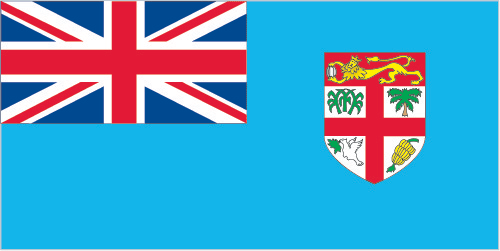
Fiji, endowed with forest, mineral, and fish resources, is one of the most developed of the Pacific island economies though still with a large subsistence sector. Sugar exports, remittances from Fijians working abroad, and a growing tourist industry - with 400,000 to 500,000 tourists annually - are the major sources of foreign exchange. Fiji's sugar has special access to European Union markets but will be harmed by the EU's decision to cut sugar subsidies. Sugar processing makes up one-third of industrial activity but is not efficient. Fiji's tourism industry was damaged by the December 2006 coup and is facing an uncertain recovery time. In 2007 tourist arrivals were down almost 6%, with substantial job losses in the service sector, and GDP dipped. The coup has created a difficult business climate. The EU has suspended all aid until the interim government takes steps toward new elections. Long-term problems include low investment, uncertain land ownership rights, and the government's inability to manage its budget. Overseas remittances from Fijians working in Kuwait and Iraq have decreased significantly. Fiji's current account deficit peaked at 23% of GDP in 2006, and declined to less than 12% of GDP in 2013.
$4.45 billion (2013 est.)
country comparison to the world: 174
$4.319 billion (2012 est.)
$4.226 billion (2011 est.)
3% (2013 est.)
country comparison to the world: 116
2.2% (2012 est.)
1.9% (2011 est.)
$4,900 (2013 est.)
country comparison to the world: 161
$4,800 (2012 est.)
$4,700 (2011 est.)
agriculture: 11.7%
industry: 18.1%
services: 70.2% (2013 est.)
31% (2009 est.)
3% (2013 est.)
country comparison to the world: 113
4.4% (2012 est.)
335,000 (2007 est.)
country comparison to the world: 163
agriculture: 70%
industry and services: 30% (2001 est.)
7.6% (1999)
country comparison to the world: 83
tourism, sugar, clothing, copra, gold, silver, lumber, small cottage industries
2.5% (2013 est.)
country comparison to the world: 119